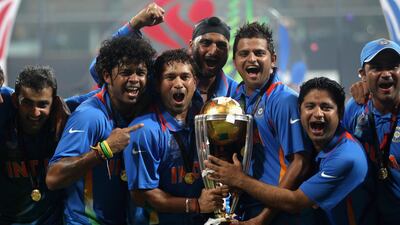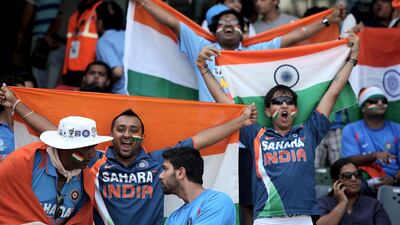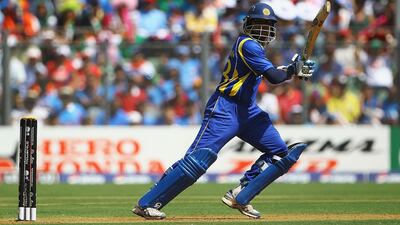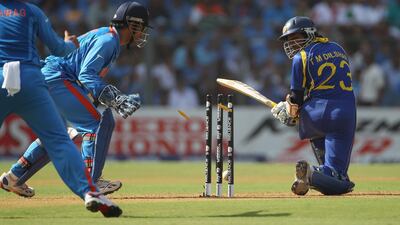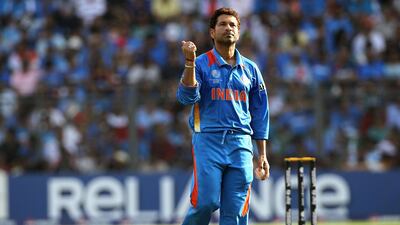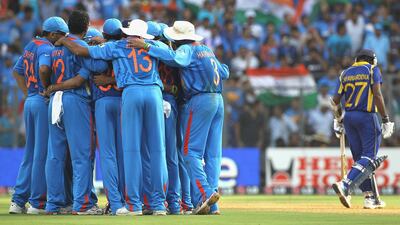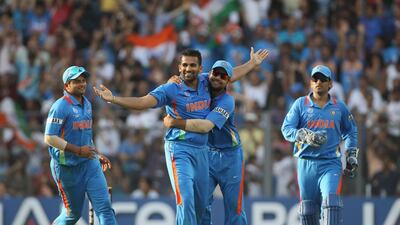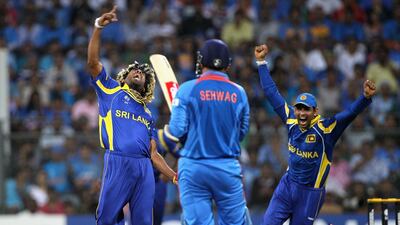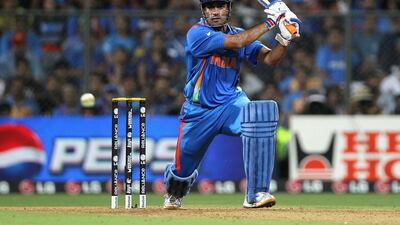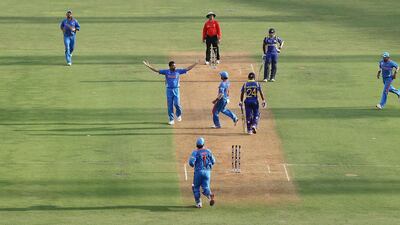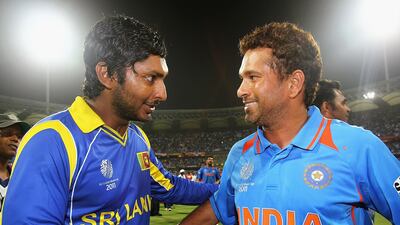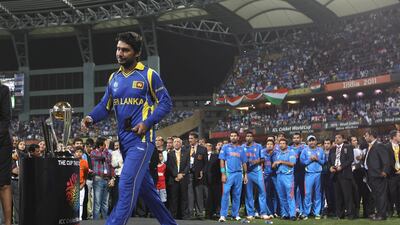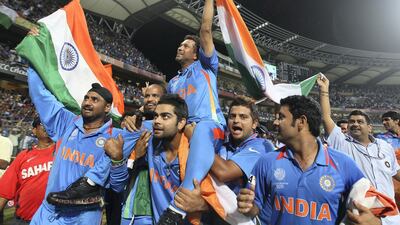It seems odd to think now that, leading into the 2011 World Cup, many observers felt one-day international cricket had had its day.
Twenty20 was booming, three years after the birth of the Indian Premier League, full of pizazz and vitality and, crucially, money.
Test cricket had a clear purpose, too, as the pinnacle of the sport, and still its greatest examination.
Set against them, the 50-over game was neither fish nor foul, lacking in vigour, and increasingly formulaic.
Forty years after the first one-day international, it genuinely felt as though the format might have to be pensioned off.
Then India won the World Cup, in their own backyard, decided by a six by their Captain Cool, to ensure the game’s most beloved player would not have to go throughout his career without ever being a world champion. And the 50-over game has never looked back since.
The stage had seemed set for Sachin Tendulkar in Mumbai. He started the final on 99 international centuries. He was playing in his home city, in front of a stand named after him at Wankhede Stadium.
When he fell for 18 near the start of India’s chase of 275 to win, it seemed as though the only sounds that could be heard in one of the world’s most restless cities were the jubilant voices of the celebrating Sri Lankan players.
With Tendulkar and India’s other great champion Virender Sehwag back in the pavilion with the score on 31 for two in the seventh over, the Indian dream might well have faltered.
Cue heroics from Gautam Gambhir, who made 97, and MS Dhoni, the captain whose match-winning innings of 91 not out was not so much cool as arctic.
After hoisting a six far back into the pulsating stands to win it, he shuffled back a few steps and, with a minimum of fuss, picked a stump out of the ground to add to his souvenir collection.
It was impossible to tell from his demeanour he had just started the biggest party in the history of cricket.
Despite the gravity of the occasion, Dhoni was coolness personified as he and Yuvraj Singh, the player of the tournament, marshalled the Indians through any jitters they might have had.
The final six was the exclamation mark on fine innings, and meant India became the first Asian nation to win the World Cup twice.
“I had a point to prove, not to other people, but to myself,” Dhoni, who had been criticised for being run-shy in the tournament to that point, said at the post-match ceremony. “I got the runs I wanted to.”
While Dhoni was at his zenith as an international captain, adding the 50-over World Cup to the T20 one which India had won four years earlier, Tendulkar remains the apple of most eyes.
As Dhoni strolled at the back of the valedictory group on India’s lap of honour after the game, Tendulkar was hoisted on the shoulders of his younger teammates, to the delight of his adoring public.
“We played for him," Gambhir said of Tendulkar. “Beating Australia and Pakistan and now this is a dream come true."
